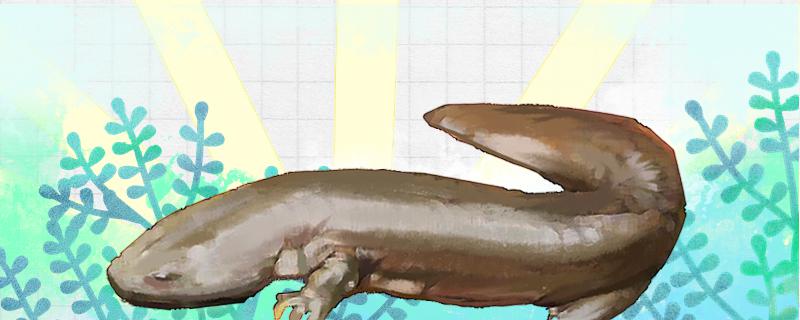
of giant salamander is to choose a slightly larger fish tank. The bottom of the tank needs to be covered with some fine sand and gravel. The water level is about 30cm. The best choice of water is well water or stream water. If it is tap water, it needs to be placed for a period of time to remove the chlorine in the water before pouring it into the tank. It is better to raise some algae green plants in the tank and arrange a living environment similar to the wild for the giant salamander as far as possible.
The giant salamander has extremely high requirements for water quality. It is necessary to ensure that the water quality is clean at all times. The water in the tank must not be muddy. It is necessary to ensure the transparency of the water. Normally, the water is changed once every 3-5 days, and in winter, the water can be changed once every 2-3 weeks. In addition, the oxygen content and water temperature in the water should be ensured. The giant salamander likes quiet and doesn't like sunshine and noise, so it should be placed in a dark and quiet place to avoid direct sunlight.
does the giant salamander feed? The giant salamander likes to prey on living creatures, such as tubificidae, tadpoles, small fish, shrimps, water fleas and so on. When there is no living food to feed, pork can also be cut into small pieces, but be careful not to feed too many times, or feed, mainly insects, fish, shellfish and meat. Raising giant salamander should pay attention to feeding food to ensure regular, fixed and quantitative, twice a day, once in the morning and once in the evening. When feeding, you can put the food in the gauze, wrap it carefully with a string, and then put it into the tank to feed. You can pull the string several times from time to time to lure the giant salamander to hunt actively. The activity of giant salamander is weak, so the feeding density should be small. After feeding, attention should be paid to cleaning food residues to prevent water pollution.